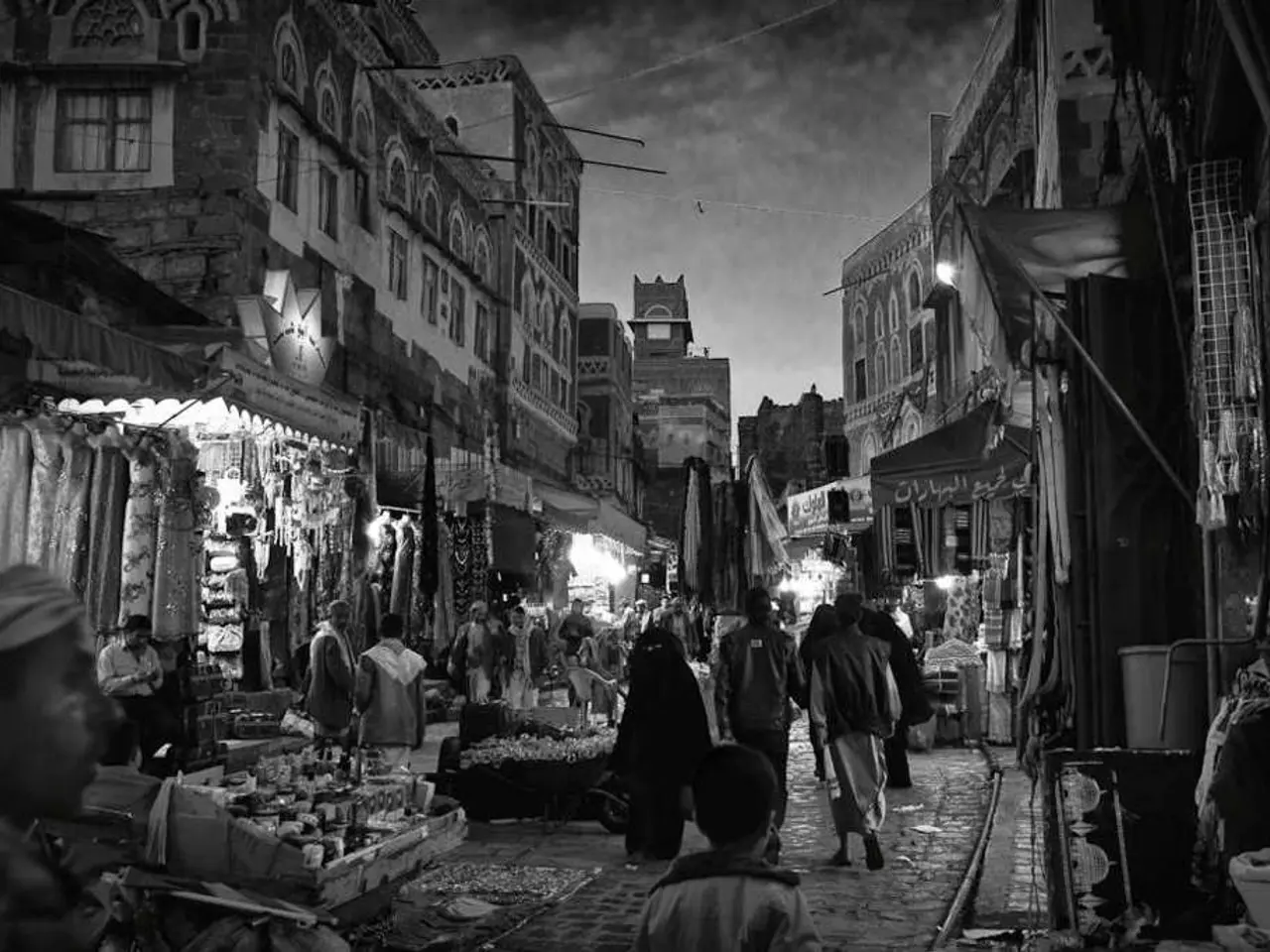Judgment issued by the EU restricts the listing of nations deemed safe for asylum seekers' return
European Court Raises Barriers for "Safe Countries of Origin" Designation
The Court of Justice of the European Union (CJEU) has issued a ruling that sets new standards for EU countries designating "safe countries of origin" for accelerated asylum procedures. The decision has implications for Germany, Italy, and other EU member states.
According to the CJEU, EU countries must ensure that such designations provide effective judicial review, allow both applicants and courts access to the sources of information underpinning the designation, and guarantee that the designated country offers adequate protection to its entire population without exceptions.
The ruling arose from cases concerning Italy's designation of Bangladesh as a safe country and its practice of transferring asylum seekers to Albania for expedited processing. The Court found Italy failed to ensure sufficient transparency and judicial safeguards in these designations, rendering those accelerated procedures incompatible with EU law.
The new requirements from the CJEU ruling emphasize judicial review rights, transparency in evidentiary sources, and protection of all population groups in a third country for its designation as "safe" under accelerated asylum procedures. This elevates procedural safeguards and restricts state discretion in applying the "safe country of origin" label for faster processing of asylum claims.
In Germany, the federal interior ministry will evaluate the CJEU's decision and its concrete implications. Germany has a list of safe countries, including EU member states, the Western Balkan countries, as well as Georgia, Ghana, Moldova, and Senegal. However, under the new ruling, EU countries may only create such lists if they disclose the sources for their assessment and ensure that the designated country offers adequate protection to its entire population without exceptions.
The CJEU's ruling also has significant implications for Italy, as it challenges the country's flagship project, the centers for fast-track asylum procedures, which are currently on hold due to resistance in the Italian justice system. The legal expert suggests that there are still numerous legal questions surrounding the "Italy-Albania model" after the CJEU's ruling.
The EU Commission proposed advancing the date of entry into force of this provision in April. However, the new EU regulation allowing states to be classified as safe countries of origin under exceptions for certain groups of people and specific regions will only apply from June 2026, but the EU is free to advance the date of entry into force of this provision.
In conclusion, the CJEU's ruling underscores the importance of judicial review, transparency, and protection of all population groups in a third country for its designation as "safe" under accelerated asylum procedures. This decision marks a significant step forward in upholding the rights of asylum seekers and ensuring fair and equitable asylum procedures across the EU.
[1] CJEU Press Release [2] EU Observer Article [3] EU Law Analysis Article [4] EU Law Analysis Article
- The ruling from the European Court of Justice (CJEU) on "safe countries of origin" designation has garnered significant attention in the realm of policy-and-legislation and general-news, emphasizing the need for effective judicial review, transparency, and protection of all population groups.
- The CJEU's decision has implications for politics within EU member states, as it impacts the accelerated asylum procedures of Germany, Italy, and others, and challenges Italy's controversial centers for fast-track asylum procedures.








